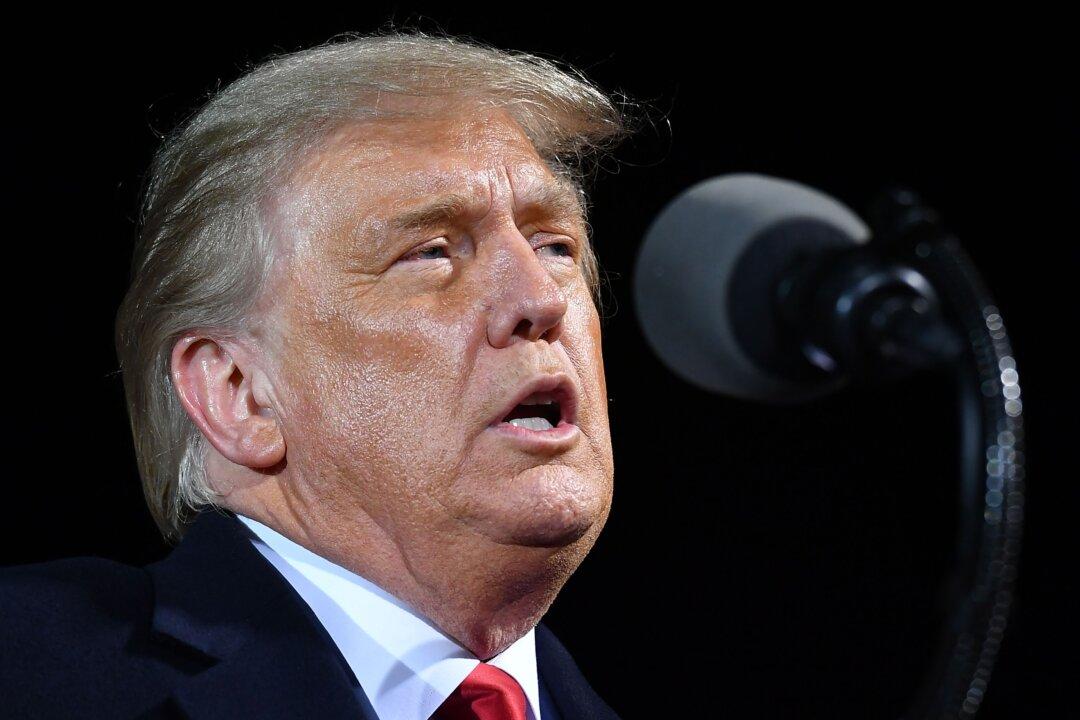President Donald Trump on Sept. 30 signed an executive order that seeks to ramp up domestic production of critical minerals such as rare earth elements to support mining jobs in the United States, in a bid to reduce the nation’s reliance on Beijing.
China is currently the top global producer of the specialized minerals, used to build electronics, military weapons, and other high-tech equipment. Last year, 80 percent of rare earths imported by the United States came directly from China.





